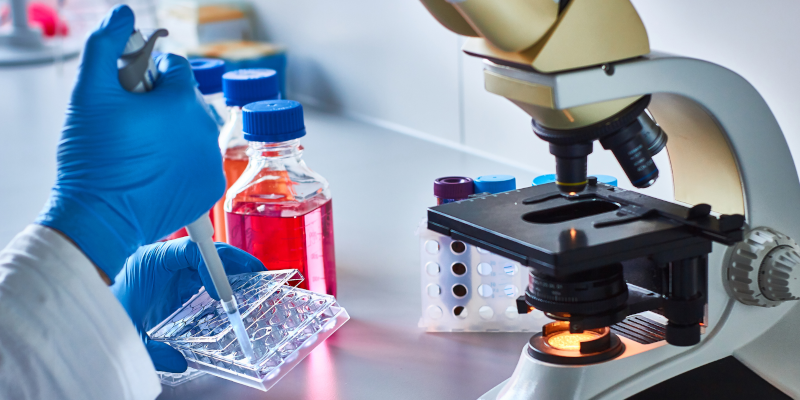A promising new research study using stem cell therapy to treat type 1 diabetes has restarted after initial success in an earlier trial.
Researchers from the United States are using a novel treatment called VX-880 with the hope it could help those with type 1 diabetes produce their own insulin again.
The treatment involves transplanting lab-grown insulin-producing beta cells into people with type 1 diabetes.
Located in the pancreas, beta cells produce the hormone insulin, responsible for regulating glucose levels in the blood. For reasons not fully understood, the immune system in people with type 1 diabetes attacks the beta cells, causing excess glucose to accumulate in the bloodstream.
People with the autoimmune disease are required to take daily doses of insulin and must regularly monitor their blood glucose levels as too much sugar in the bloodstream can be life-threatening.
By replacing the destroyed beta cells, the VX-880 treatment allows the body to produce its own insulin again, potentially reducing the need to inject insulin.
Two participants in the trial have received half the maximum dose of new beta cells, with both showing “significant improvement in their diabetes management, measured by more time in range and less insulin needed.”
Through the trial, one participant involved has even become insulin-independent, which means they no longer require injections of insulin.
However, the first clinical trial was then paused as the FDA (the organisation responsible for licensing treatments in the US) did not see enough evidence to increase the dose following the successes with just half the beta cells.
- Join the type 1 diabetes community
Fortunately, the FDA has now lifted the hold on VX-880, allowing the trial to continue. The study can recruit more participants to receive full beta cell transplants, furthering the research into stem cell therapy as an effective treatment for type 1 diabetes.
News of this study was originally published by JDRF.
Would you consider stem cell therapy to treat your type 1 diabetes?
Let us know your thoughts over on the forum.






